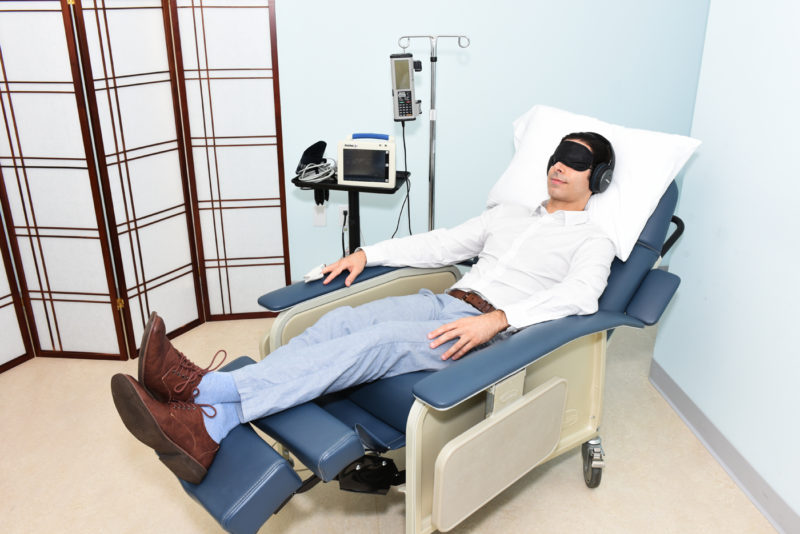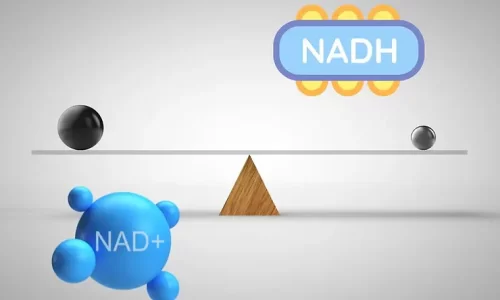
Ketamine therapy has emerged as a promising option for individuals struggling with treatment-resistant depression, anxiety, PTSD, and chronic pain. While it offers potential benefits, it’s not a one-size-fits-all solution. If you’re considering ketamine therapy, it’s important to ask the right questions and consult with your doctor. Let’s break down what you need to know and discuss before starting this therapy.
What is Ketamine Therapy?
Ketamine therapy involves using low doses of ketamine, typically administered through an intravenous (IV) infusion, to address mental health conditions and chronic pain. It works by targeting N-methyl-D-aspartate (NMDA) receptors in the brain, which play a role in pain perception, mood regulation, and cognitive function.
Unlike traditional antidepressants or pain medications, ketamine has a rapid-acting mechanism. Some individuals report feeling relief within hours or days after treatment, making it a potential option for those who haven’t responded to other therapies.
Key Questions to Ask Your Doctor
1. Is Ketamine Therapy Right for My Condition?
Ketamine therapy is most commonly used for:
- Treatment-resistant depression
- Anxiety disorders
- PTSD
- Chronic pain, such as fibromyalgia or neuropathic pain
- Suicidal ideation
Discuss your diagnosis with your doctor to understand if ketamine therapy is appropriate for your specific condition.
2. What Are the Benefits and Risks of Ketamine Therapy?
Ketamine therapy offers potential benefits but also carries risks. Benefits may include rapid symptom relief, improved mood, and reduced pain. Risks could include nausea, dizziness, elevated blood pressure, and temporary dissociation during treatment. Knowing both the pros and cons will help you make an informed decision.
3. Am I a Good Candidate for Ketamine Therapy?
Ketamine therapy may not be suitable for everyone. Conditions that might disqualify you include:
- Uncontrolled high blood pressure
- History of psychosis
- Pregnancy or breastfeeding
- Active substance abuse issues
Your doctor will evaluate your medical history and current health to determine your eligibility.
4. How is Ketamine Administered?
Ketamine can be delivered in several ways:
- IV Infusion: The most common method, administered in a medical setting.
- Nasal Spray: FDA-approved for depression in some cases.
- Oral Lozenges: Occasionally used as a take-home option.
- Intramuscular Injection: Another less common method.
Ask your doctor which method is most appropriate for your condition and lifestyle.
5. How Many Sessions Will I Need?
Ketamine therapy usually involves multiple sessions over a few weeks. A typical protocol might include six sessions during an initial treatment phase, followed by maintenance sessions as needed. The frequency and number of treatments depend on your response to therapy and your specific condition.
6. How Quickly Can I Expect Results?
One of the unique aspects of ketamine therapy is its rapid onset. Many patients report improvements in mood or pain within hours or days after the first session. However, results can vary. Ask your doctor what to expect based on your condition and treatment plan.
7. How Does Ketamine Fit into My Overall Treatment Plan?
Ketamine therapy is often used in combination with other treatments, such as:
- Medications
- Psychotherapy
- Lifestyle changes, including diet and exercise
Your doctor can explain how ketamine therapy complements your current treatment approach.
8. What Are the Costs, and Is Insurance Coverage Available?
Ketamine therapy can be costly, especially for off-label uses like chronic pain or depression. While some insurance plans may cover ketamine therapy, coverage is not guaranteed. Ask about costs, payment plans, and whether your insurance might cover part of the expense.
9. What Should I Do to Prepare for Ketamine Therapy?
Preparation may include:
- Avoiding certain medications or substances
- Arranging for transportation after sessions, as you may not be able to drive
- Scheduling downtime after treatments to manage potential side effects
Your doctor will provide specific guidelines based on your treatment plan.
10. What Happens After Treatment?
After each session, you may need some time to rest and recover. Discuss aftercare with your doctor to understand what to expect and how to manage potential side effects. If maintenance treatments are needed, your doctor can guide you on the frequency and duration.
Consult Your Doctor First
Ketamine therapy is a specialized treatment that requires professional oversight. Before starting, it’s important to have a thorough discussion with your doctor to determine whether it’s the right fit for you. They can help you weigh the potential benefits and risks, considering your unique medical history and treatment goals.
Revived IV Therapy: Supporting Your Journey
At Revived IV Therapy in Houston, Texas, we specialize in ketamine infusion therapy as part of our wellness offerings. Our team works closely with clients and their doctors to develop personalized treatment plans that focus on safety and effectiveness. Whether you’re exploring options for depression, anxiety, or chronic pain, we’re here to guide you every step of the way. Contact us today to learn more about how we can help you on your path to better health.

